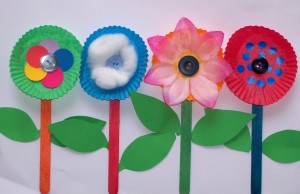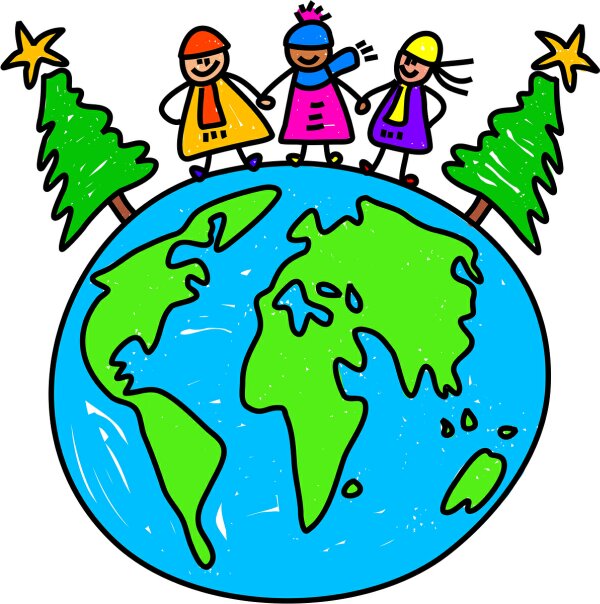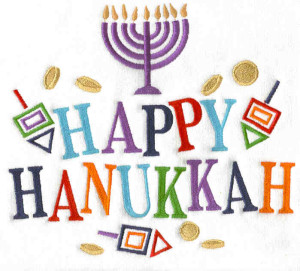The Holidays should be a time of joy and excitement. From my experience, we have noticed they can also be a time of stress and disappointment for Host Families and Au Pairs. I would like to offer some ideas and insights that I hope can broaden everyone’s understanding.
Homesickness
First, let’s face the issue of homesickness. Host Families, this can be a problem at this time of year even if it hasn’t been in the past. Important people and places are missed. Our traditions and activities seem “different” just at a time when an Au Pair craves the “familiar” celebration. My observation has been that an Au Pair’s emotions are closer to the surface during the holidays. Her highs are higher, her lows are lower. The enormity of what she is accomplishing…actually living and working in another culture, (which is an amazing thing when you think about it!)… can induce a self-protective mode. You can help her through this unfamiliar territory by talking to her about what your specific family activities will be such as when the candles will be lit, the stockings hung, the gifts given, the meals prepared and eaten, the relatives arriving, etc.. Let her know what you will be doing, when you will be doing it, and what she can expect. Talk to her about what must be accomplished and get her involved. Ask her if she has any favorite holiday foods or traditions that could be incorporated into your celebration. Give her some clear, agreed-upon assignments. Remember, her parents have probably handled the organization in previous years, so don’t expect her to “know” what needs to be done. Make her feel a part of things. And, let her know her contribution is needed and appreciated. Try to cut a little slack, then be pleased with progress.
Au Pairs, regarding homesickness…you knew when you came for a year that family and religious holidays would be a part of that year. If you get involved and active in the family’s plans, I assure you that next year you will be thinking about this family and missing their celebrations! Your Host Family will make many efforts to assure that this holiday in America is special for you. It is important to your Host Family that you acknowledge their efforts. Show your appreciation and participate, participate, participate!!! Look for ways to help. If you aren’t certain, ask! Thinking about someone other than yourself is the best way to manage homesickness.
Routine Changes
Host Families, another problem to consider is how the dynamics of the established relationships and routines change during the holidays. Parents are home more and this demands adjustment for the children as well as the Au Pair. Different work expectations may be needed since the kids may prefer to hover around the parents. This can make an Au Pair feel unwanted and unsure of what is expected of her. She may not see the specific needs of the children other than the usual. The high emotions and energy of the children (compared to their more reasonable behavior during the rest of the year, I’m sure) may be difficult to handle even for the most confident Au Pair. Assure her that this behavior is temporary and will be back to normal soon. In the meantime, suggest specific things she can do to help. Encourage her to roll with the punches and enjoy the energy of the season. The quantity of gifts given to the children and the excesses of gifts, food, decorations, etc. can be overwhelming. In everyone’s best interest, make sure there is some quiet, meaningful time together when the true spirit of the holidays is shared.
Au Pairs, life will be busy and, perhaps, stressful for the Host Family as they do all that they would like during the holiday season. Celebrations don’t just “happen”…there is a lot of work involved in having fun! Your Orientation information from Connecticut, under “Policies and Procedures” very clearly states under “Holidays” that there are no automatic “holidays off.” You are expected to help with the work and responsibility. Your Host Family may not be at their usual jobs, but they are putting in great effort to prepare for the family celebration. Your Host Parents are very successful day to day, but, these same people will be in an absolute panic trying to prepare holiday meals, get all of the toys assembled and wrapped, and create a “perfect” day for their family AND for you. Find ways to help! Play games with the children, bundle them up and take them for walks, visit the library with them, use up some of their energy. This can free the parents for other things. If the children want to be in the middle of the action, then find other ways to help. You can keep the kitchen floor swept, do the extra laundry, prepare lunch when parents are busy. BE CREATIVE about what you can do. During your free time all year, you have the choice to be one of the children or one of the adults in your family…this is definitely the time to be one of the adults! Keep your eyes and hearts open for moments to help out!
Social Life
Host Families, remember that socially, the holidays are a time when Au Pairs want to be with their friends. Christmas Eve, in some countries, is spent with friends rather than family. New Year’s Eve in America is a very special occasion to them. Discuss your plans and expectations with each other. Be as generous with free time as possible.
Au Pairs, if you treat family holidays as a time to disappear every evening, and sleep all day, you can expect to disappoint your family. If you came to learn family customs, then please know that our customs during the holidays include working together, sharing responsibility, and spending time with the extended family. As for ‘New Years Eve,’ all of you would like to have this night off to celebrate, but many of you will be asked to work. If this is part of your responsibility, do it with good grace and cooperation. It is only one night out of your 13 months here! If your Host Parents make arrangements so you can be free, express your appreciation.
Host Families and Au Pairs, these are important days ahead. They will involve adjustment, but will create fun-filled memories if you let them. This is a time of love and understanding. Please do your part to reflect these priorities.
I wish you all a very wonderful holiday season and a happy and healthy new year.

 Mid winter is a great time for crafts and for board games. Pull out the games the children received for their holiday gifts and play them together. Gather the craft supplies and get creative! Dreaming of spring? How about coloring or painting some pictures of with the kids of spring flowers? Decorate the room with the colorful pictures! It might be cold and snowy outside, but inside the flowers are blooming on the walls! Enjoy!!
Mid winter is a great time for crafts and for board games. Pull out the games the children received for their holiday gifts and play them together. Gather the craft supplies and get creative! Dreaming of spring? How about coloring or painting some pictures of with the kids of spring flowers? Decorate the room with the colorful pictures! It might be cold and snowy outside, but inside the flowers are blooming on the walls! Enjoy!!


